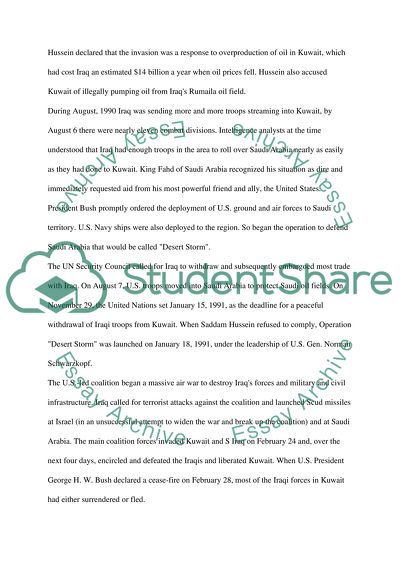Cite this document
(“Iraq War Essay Example | Topics and Well Written Essays - 1000 words”, n.d.)
Retrieved from https://studentshare.org/history/1503621-iraq-war-essay
Retrieved from https://studentshare.org/history/1503621-iraq-war-essay
(Iraq War Essay Example | Topics and Well Written Essays - 1000 Words)
https://studentshare.org/history/1503621-iraq-war-essay.
https://studentshare.org/history/1503621-iraq-war-essay.
“Iraq War Essay Example | Topics and Well Written Essays - 1000 Words”, n.d. https://studentshare.org/history/1503621-iraq-war-essay.


